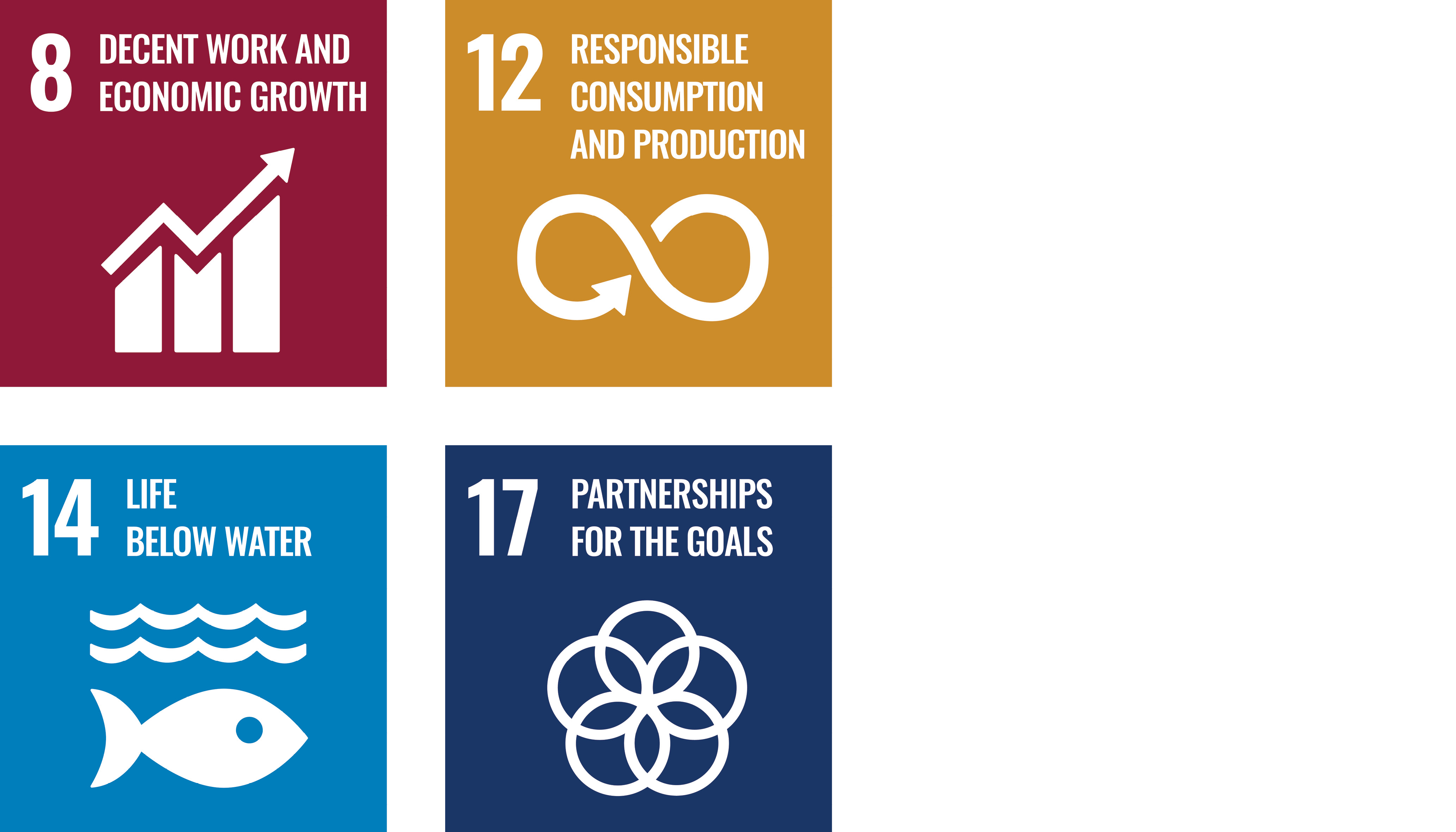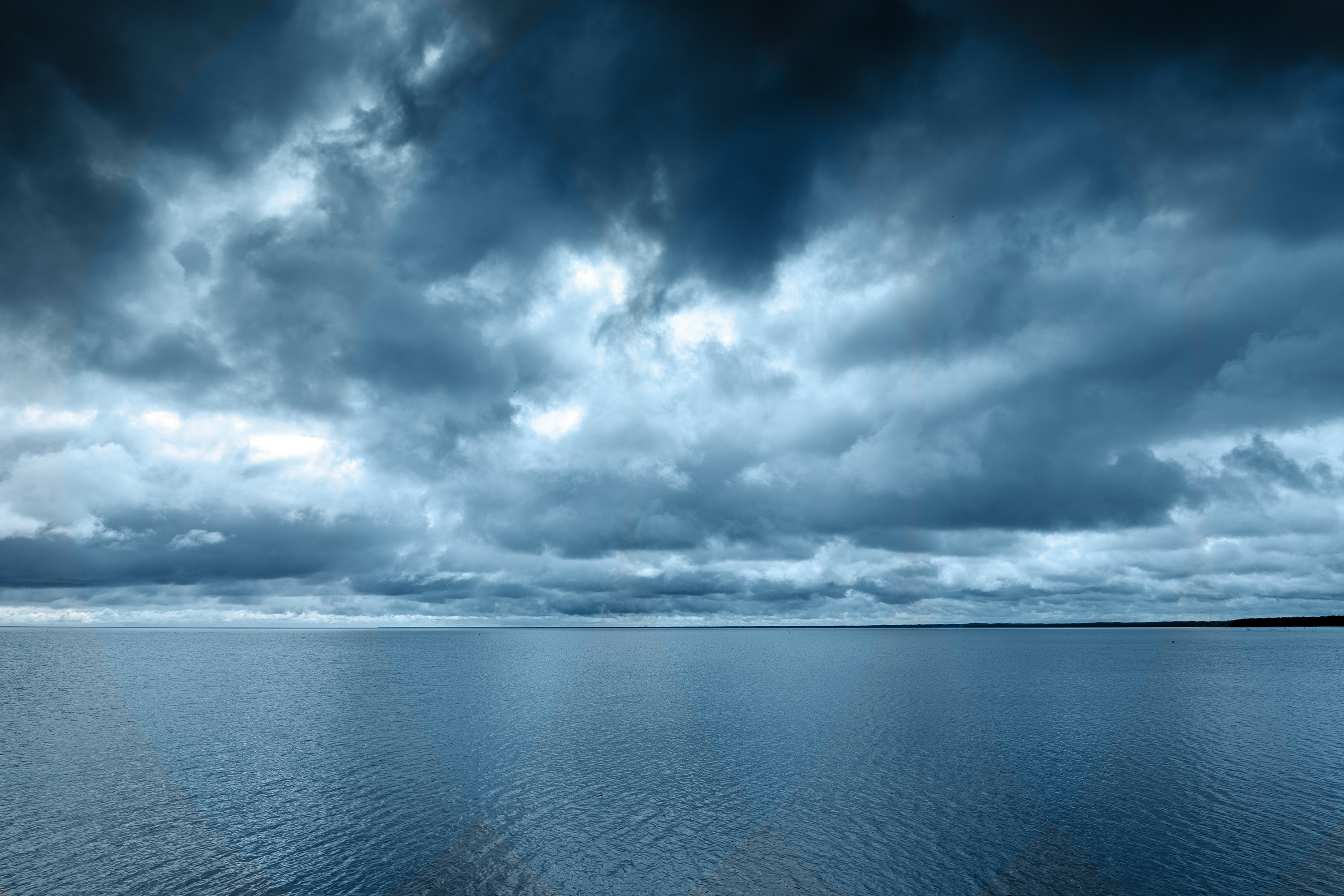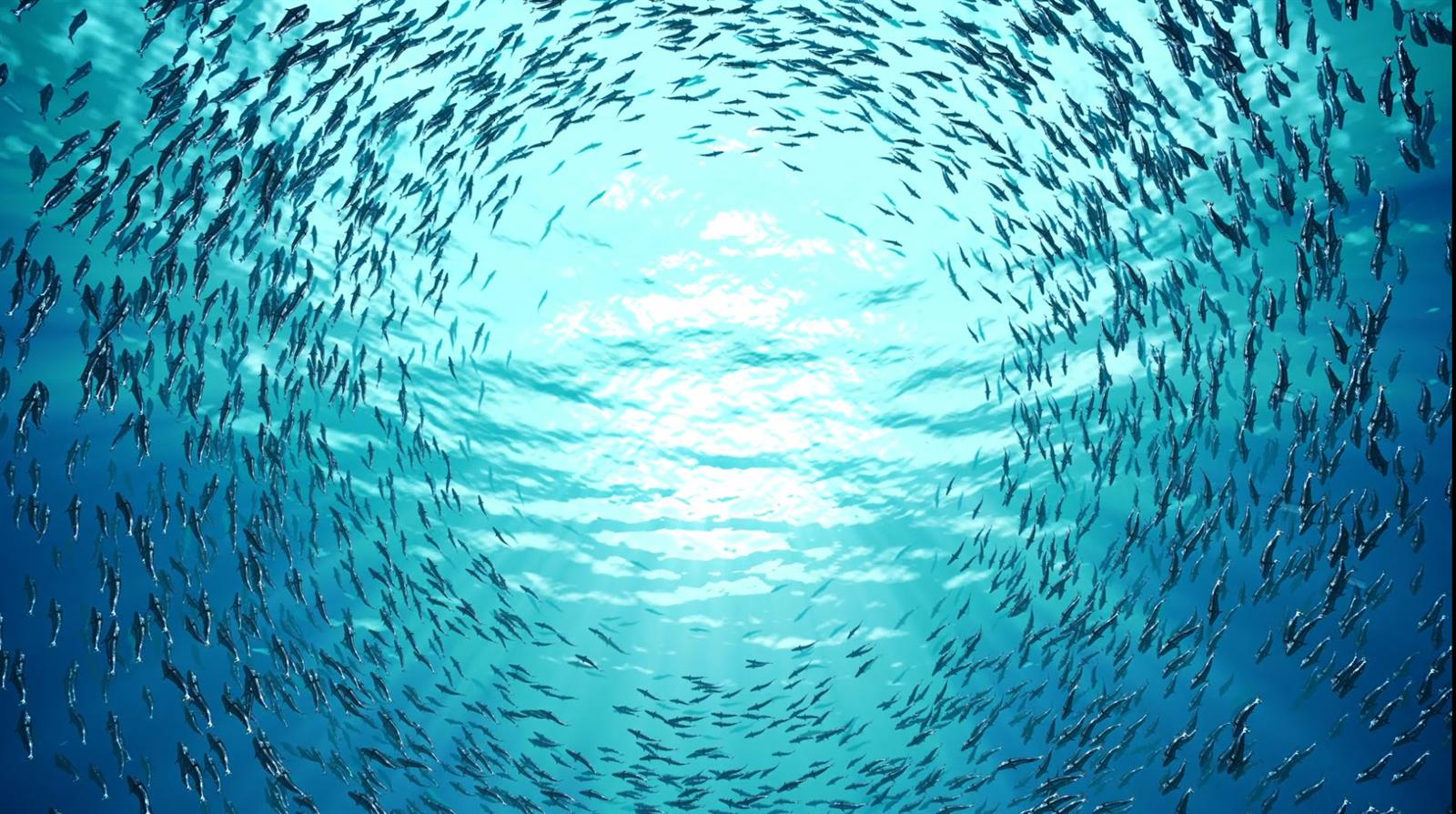Our Responsibility
Sustainable management of the world’s fish stocks, both wild and farmed, is key to keeping a growing global population adequately fed.
Optimar’s sustainability strategy shows how we are working as an organization to manage all our resources in a way that creates value not only today, but for the generations to come.
Innovation and cooperation for a sustainable future
As the world’s population grows, feeding everyone sustainably is becoming increasingly challenging. A dietary shift is necessary, with a greater emphasis on ocean-derived proteins. Technology plays a key role in this transition, and Optimar is at the forefront, delivering state-of-the-art equipment and solutions for sustainable, efficient and secure seafood production. Innovation is central to our business model, and we aim to lead the way with the world’s best processing solutions.
Sustainability is no longer a project; it is integral to our business. Our goal is to reduce our adverse impact, enhance our positive impact, and explore opportunities to preserve the climate and environment. With new ownership in early 2024 and extensive experience in the seafood industry, we are ready to continue our sustainability journey.
Our commitment
Responsible business, plans, operations and investments are essential to achieving transformational change through sustainable development goals (SDGs).
The UN’s 17 Sustainable Development Goals (SDGs) provide a framework for achieving the agenda and targets set by UN Member States. Together, the SDGs signpost what needs to be done to end extreme poverty, fight inequality and injustice, and protect our planet. We have determined four SDGs where we assess that we have the greatest impact.
Focusing primarily on these four goals will, however, also contribute positively to others of the UN’s 17 SDGs.

A few key highlights from 2024:
- Our focus on animal welfare continued, in collaboration with customers and animal welfare organizations.
- We successfully introduced our electrical stunner to emerging markets in Asia and increased its availability to small-scale fish farmers.
- OptiFlush in combination with OptiLice proved a very effective method for removing sea lice, while boosting the welfare of farmed salmon.
- We introduced new design guidelines focusing on gentle fish handling, cleanability and the use of standardized integrations.
- We signed a partnership agreement with the Norwegian University of Science and Technology (NTNU) to study and test new technology to further optimize freezer design and energy efficiency.
- We released an automated fillet packing solution for the onboard market.
- We continued to participate in the Norwegian Directorate of Fisheries’ CatchID project, which aims to develop a platform for sustainable fishing and reporting.

Optimar is working for a sustainable future
Find out how in our Sustainability Report for 2024. Here you can read:
- a presentation of Optimar’s sustainability strategy
- a breakdown of our environmental performance
- which UN Sustainable Development Goals we are focusing on
- how we are working internally and in the supply chain to promote equality and decent working conditions
- our innovations for better fish welfare, reduced energy consumption and improved working conditions
Optimar’s new Sustainability Report shows how we are working as an organization to manage all our resources in a way that creates value not only today, but for the generations to come.
👇Take a look at our Sustainability Reports below



